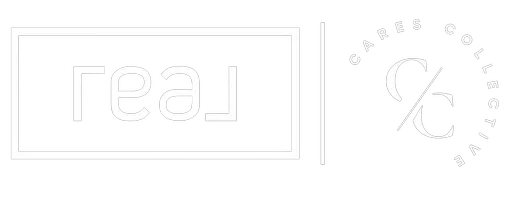Understanding the Home Inspection

Understanding the Home Inspection
A home inspection is a comprehensive visual examination of a property's physical structure and systems. It's a deep dive into the condition of the house, from the roof to the foundation, and includes a look at the walls, floors, windows, doors, and major appliances. The inspector also evaluates the heating, air conditioning, plumbing, and electrical systems, and may explore the attic and basement.
But what does this mean for you, the buyer? Simply put, a home inspection equips you with vital information, revealing any potential issues and giving you a clearer picture of the maintenance the property will require. It's not about appraising the home's value or advising on the purchase price, but rather about uncovering any hidden problems.
Timing and Scheduling the Inspection
Timing is everything with home inspections. They generally take place after your offer is accepted but before the final purchase. It's wise to schedule this as soon as you're under contract, allowing ample time for any follow-up actions or negotiations.
Choosing the Right Home Inspector
As a buyer, the responsibility of hiring a home inspector falls on you. While sellers might provide their reports, it's prudent to have your own inspection for an unbiased view. Look for inspectors through reputable organizations like the American Society of Home Inspectors or the International Association of Certified Home Inspectors. These groups require members to adhere to strict standards, ensuring quality and reliability.
Costs and Payment
Home inspections aren't usually a small expense, starting at $500 or more. You typically pay the inspector at the time of service, rather than at closing. This ensures their independence and impartiality in the assessment.
What to Expect During the Inspection
A thorough home inspection takes several hours and involves a detailed examination of the property. The inspector takes notes, photographs, and shares insights. They provide an objective opinion on the home's condition, separate from the emotional aspects of buying a house.
However, an inspection doesn't cover everything. It won't detect issues that can't be seen, and it doesn't comment on aesthetic concerns unless they indicate a larger problem.
The Home Inspection Report
A comprehensive home inspection report includes checklists, summaries, photos, and notes. It offers an estimation of the lifespan of major systems and components, recommended repairs, and replacements. This report is informative, not a directive; it doesn't require fixes but can lead to further negotiations with the seller.
Concluding Thoughts
A home inspection is a vital step in the home buying process. It provides peace of mind, ensuring that you're making a well-informed decision and potentially saving you from significant future expenses. Always remember, knowledge is power, especially when it comes to such a significant investment as buying a home.
Stay tuned for more insights and tips on navigating the real estate market. Whether you're buying or selling, we're here to guide you every step of the way.
Categories
Recent Posts










GET MORE INFORMATION

